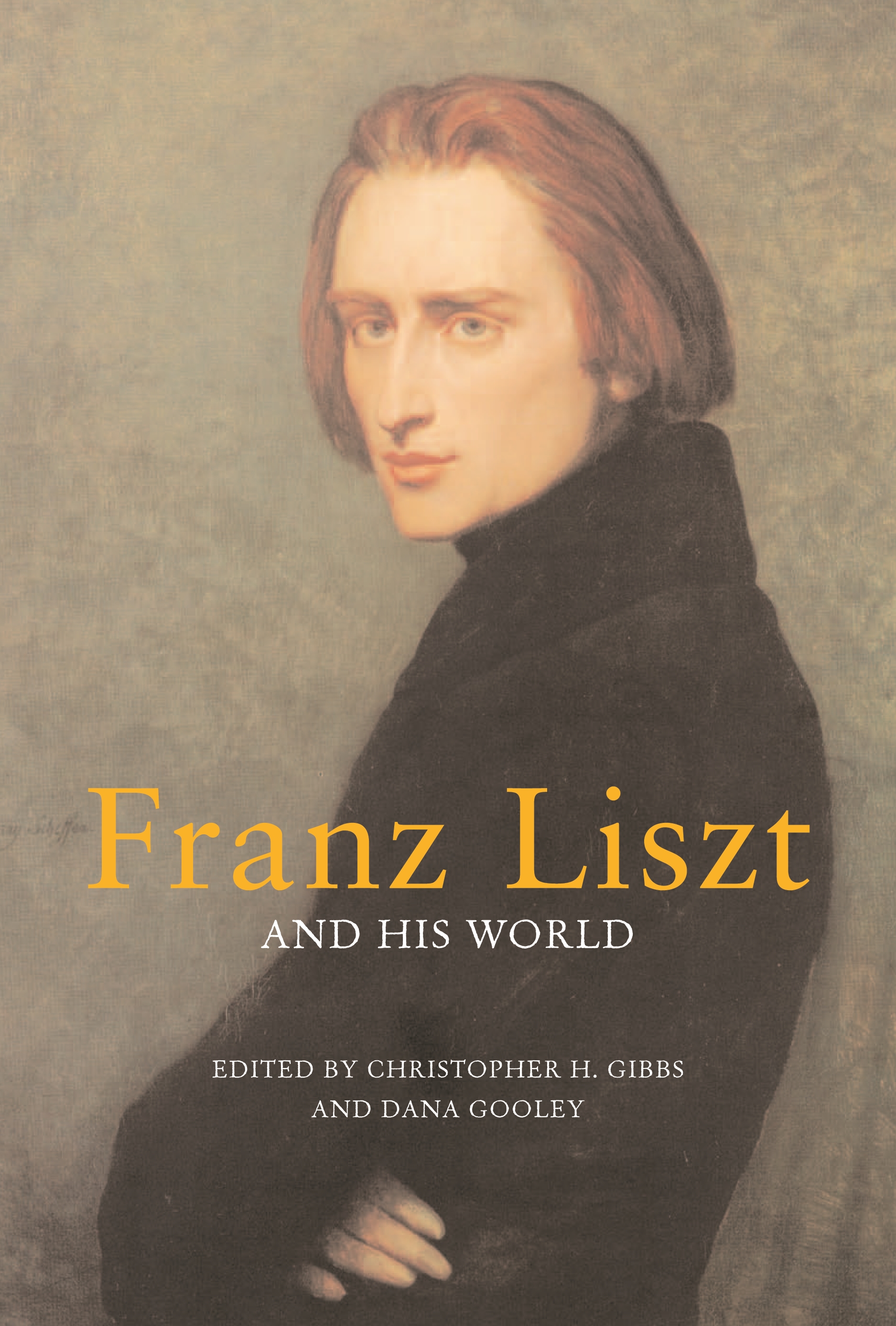

Naval conflict, even in European waters, is handled in much the same way as the war outside Europe. It should also be added that Szabo's "Europe" has a distinctly continental tinge. Even if military developments in these far-flung areas mostly figure as "noises off" for Szabo, they are important in his account of the protracted peace-making process, in which the Grand Banks fisheries appear more prominently than the County of Glatz. British and French war aims and strategies were primarily focused on the wider world and French enthusiasm for the war in Europe faded fast in the face of defeat on the high seas and in North America. In practice however, it proves harder to keep the conflicts apart, not just because of the continental dimension of the Franco-British conflict, fought in western Germany (which gets full coverage from Szabo). Clearly, a case can be made for seeing these two conflicts as largely separate: a Franco-British war fought primarily in the non-European world and the Third Silesian War waged between Austria and its allies (primarily Russia, but including France, Sweden, and many smaller German principalities). This is not a history of the Seven Years War in all its complexity instead, a parallel volume on the war in the wider world, from Quebec to Manila, is planned in the same series. It is also a book whose title needs to be taken seriously.

This is a book in which the personalities of kings and empresses, ministers and royal favorites, and ambassadors and field marshals play an important role. Szabo's book could never be accused of underplaying this aspect of his chosen topic. The events of January 1762 are a remarkably clear-cut example of the decisive role of individual personality in history. Adolf Hitler, whose self-identification with Frederick II had grown as the war turned against him, also clutched at this straw while meditating on a portrait of the Prussian monarch that hung in his bunker quarters. The death of Empress Elizabeth of Russia in January 1762, when all seemed lost for Prussia, led to a dramatic reversal of fortune. The historical reference would have been obvious to Busse. The propaganda minister was in an excited state: "The Czarina is dead!" he announced, to inform his interlocutor that Franklin D. Szabo recounts the oft-told tale of Joseph Goebbels's call to General Theodor Busse on April 13, 1945. In the preface to his new work on the Seven Years War, Franz A. The Seven Years War in Europe, 1756-1763.


 0 kommentar(er)
0 kommentar(er)
